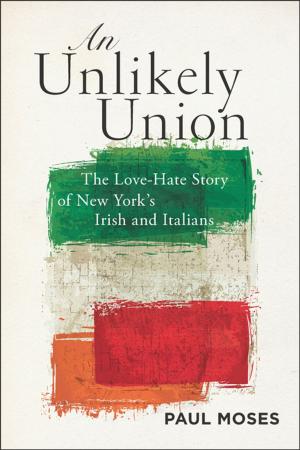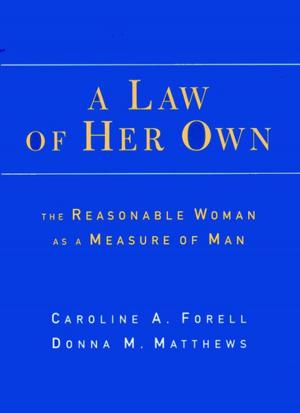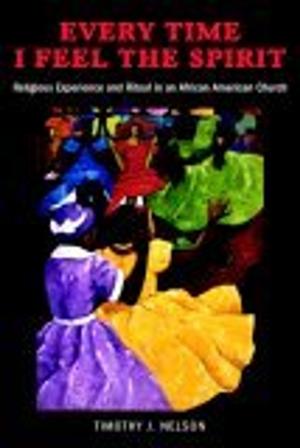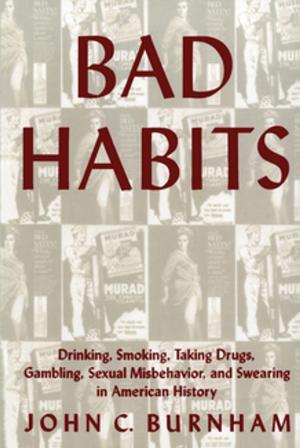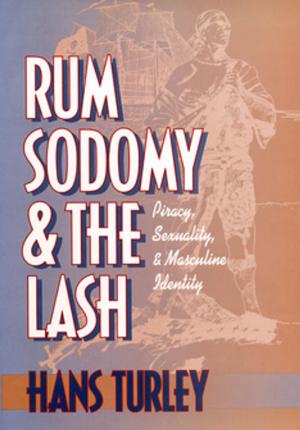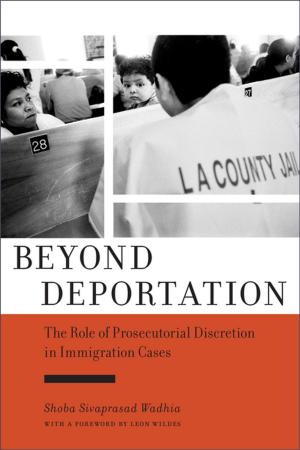Black Frankenstein
The Making of an American Metaphor
Fiction & Literature, Literary Theory & Criticism, American, Nonfiction, Social & Cultural Studies, Social Science, Cultural Studies, African-American Studies| Author: | Elizabeth Young | ISBN: | 9780814745373 |
| Publisher: | NYU Press | Publication: | August 10, 2008 |
| Imprint: | NYU Press | Language: | English |
| Author: | Elizabeth Young |
| ISBN: | 9780814745373 |
| Publisher: | NYU Press |
| Publication: | August 10, 2008 |
| Imprint: | NYU Press |
| Language: | English |
For all the scholarship devoted to Mary Shelley's English novel Frankenstein, there has been surprisingly little attention paid to its role in American culture, and virtually none to its racial resonances in the United States. In Black Frankenstein, Elizabeth Young identifies and interprets the figure of a black American Frankenstein monster as it appears with surprising frequency throughout nineteenth- and twentieth-century U.S. culture, in fiction, film, essays, oratory, painting, and other media, and in works by both whites and African Americans.
Black Frankenstein stories, Young argues, effect four kinds of racial critique: they humanize the slave; they explain, if not justify, black violence; they condemn the slaveowner; and they expose the instability of white power. The black Frankenstein's monster has served as a powerful metaphor for reinforcing racial hierarchy—and as an even more powerful metaphor for shaping anti-racist critique. Illuminating the power of parody and reappropriation, Black Frankenstein tells the story of a metaphor that continues to matter to literature, culture, aesthetics, and politics.
For all the scholarship devoted to Mary Shelley's English novel Frankenstein, there has been surprisingly little attention paid to its role in American culture, and virtually none to its racial resonances in the United States. In Black Frankenstein, Elizabeth Young identifies and interprets the figure of a black American Frankenstein monster as it appears with surprising frequency throughout nineteenth- and twentieth-century U.S. culture, in fiction, film, essays, oratory, painting, and other media, and in works by both whites and African Americans.
Black Frankenstein stories, Young argues, effect four kinds of racial critique: they humanize the slave; they explain, if not justify, black violence; they condemn the slaveowner; and they expose the instability of white power. The black Frankenstein's monster has served as a powerful metaphor for reinforcing racial hierarchy—and as an even more powerful metaphor for shaping anti-racist critique. Illuminating the power of parody and reappropriation, Black Frankenstein tells the story of a metaphor that continues to matter to literature, culture, aesthetics, and politics.



